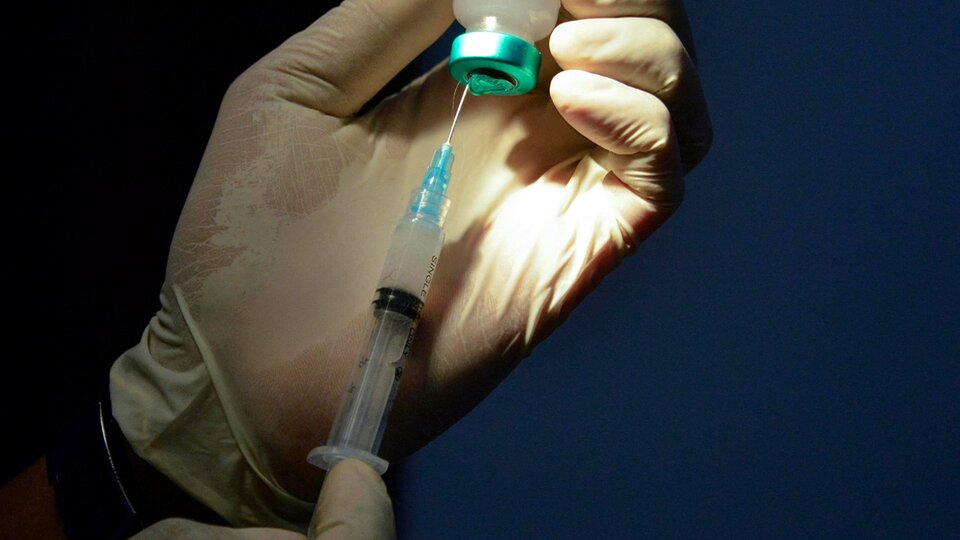According to a study by the Oregon Health and Science University in the United States, combination between vaccination against coronavirus and a natural infection –regardless of the order in which this occurs– is able to create a “superimmunity”.
If I got vaccinated and get COVID, am I still protected?
According to the results of this research, published in the journal Science Immunology, the amount of antibodies in people who were vaccinated before or after becoming infected is ten times greater than that generated by immunization alone.
“The most interesting thing is that it shows that the person who has been vaccinated, if infected, is also super-protected. There was no evidence yet”, said Dr. Salmo Raskin, geneticist and medical director of the Genetika Laboratory, in Curitiba.
Although the study was conducted before the appearance of the Omicron, scientists expect hybrid immune responses to be similar for the new variant.
Vaccines and variants of COVID
In the study, researchers looked at the immune response of 104 people divided into three groups: 42 vaccinated without previous infection, 31 vaccinated after an infection and another 31 who became infected after vaccination.
The scientists drew blood from the participants and the samples were exposed in the laboratory to three variants of Sars-CoV-2: Alpha (B.1.1.7), Beta (B.1.351), and Delta (B.1.617.2).
The results showed that the two groups with “hybrid immunity”, formed by those who were vaccinated after becoming infected and vice versa, they generated higher levels of antibodies compared to the group that got vaccinated but did not get the virus.
“The more you are exposed to the antigens, the greater the benefit. If the person had covid-19, for example, the vaccine will stimulate, select and expand the defense cells that the natural infection selected, “explained Raskin.
“Hybrid immunity generates a more robust response not only in antibody levels, but also in other defense fronts, such as cellular immunity, in which memory B lymphocytes are capable of recognizing infectious agents”, assured, for his part, the infectologist Renato Kfouri, director of the Brazilian Society of Immunizations (SBIm).
Other variables: hybrid immunity
However, the scientists warned, although hybrid immunity is more effective in preventing new infections and also in reducing transmission, this does not mean that people who have this type of immunity can abandon preventive care.
“Most of the available studies are laboratory studies. They point in one direction, but they are not categorical. To answer these questions, real-world studies are needed, which is not easy to do. But it is they who will test whether, in practice, this heightened immune response translates into fewer infections, for example,” Kfouri noted.
What’s more, “it is necessary to observe other variables, such as the vaccine received, the time elapsed between vaccination and infection, the circulating variants, the result considered (if they are more severe or milder forms). There are still many unanswered questions, but it is a construction of knowledge,” said Kfouri.
Receiving several vaccines in a row without respecting a minimum interval between doses, for example, does not translate into greater protection against the coronavirusRaskin explained about the importance of variables. “There is consensus that a longer interval between doses translates into greater protection, precisely because it gives the body time to produce an immune response, and only when it begins to decline, it is time to think about activating it again”, he pointed out in this regard.
Omicron
Although the study did not specifically test protection of hybrid immunity against omicron, experts are optimistic about the possibility that the characteristics of the variant, capable of infecting people already vaccinated, help multiply superimmune people to covid-19 and therefore bring the world closer to the end of the pandemic.
“These results suggest that Sars-CoV-2 can become a mild endemic infection, as a seasonal infection of the respiratory tract, instead of a pandemic”, celebrated Marcel Curlin, an expert in infectology at the American university and one of the authors of the study.
–


